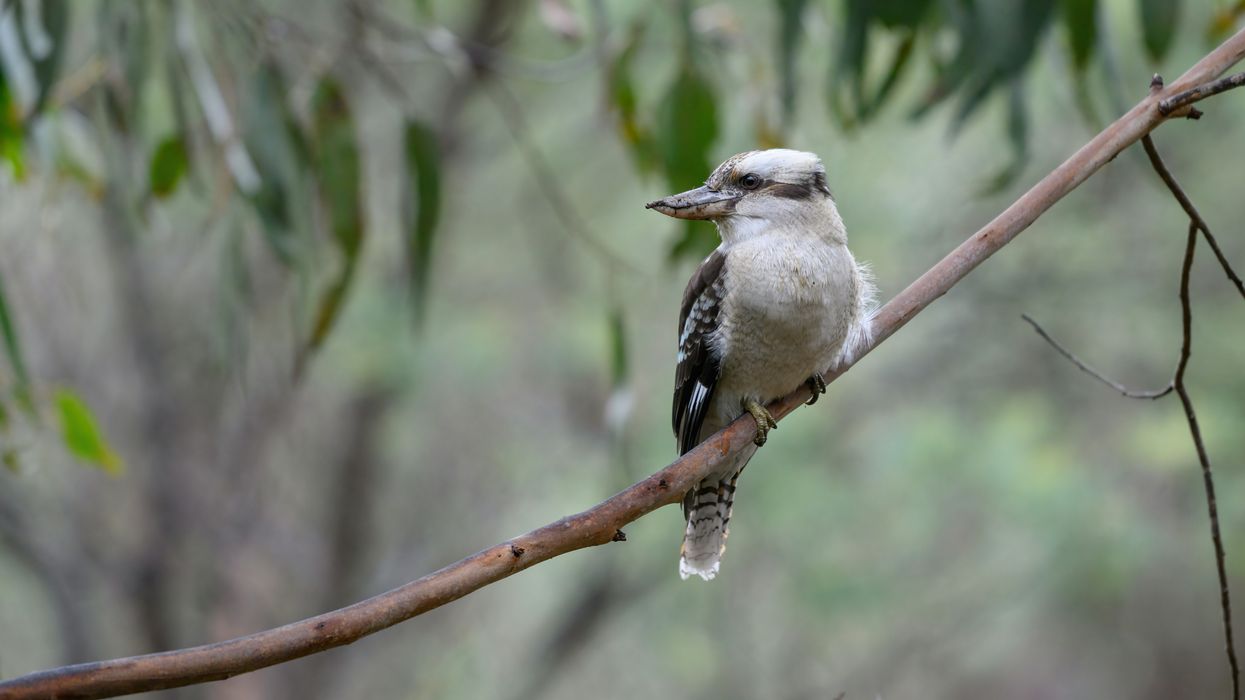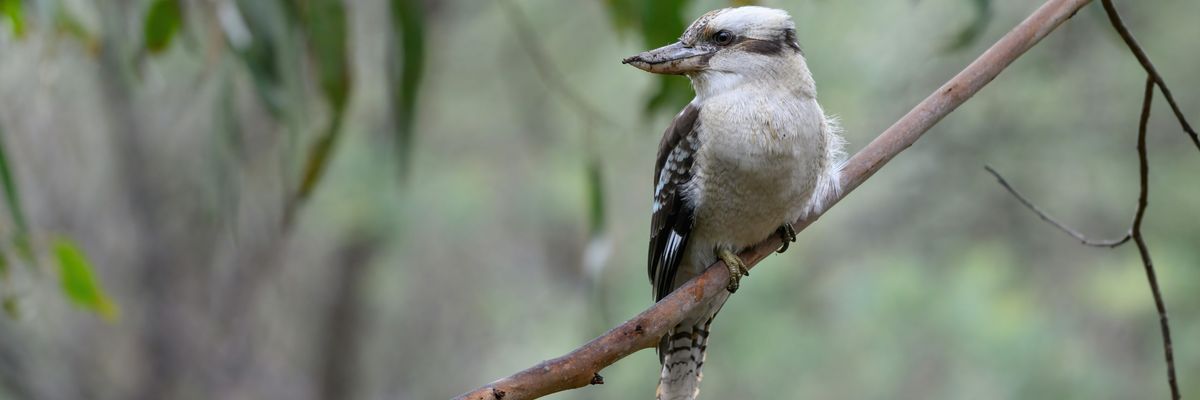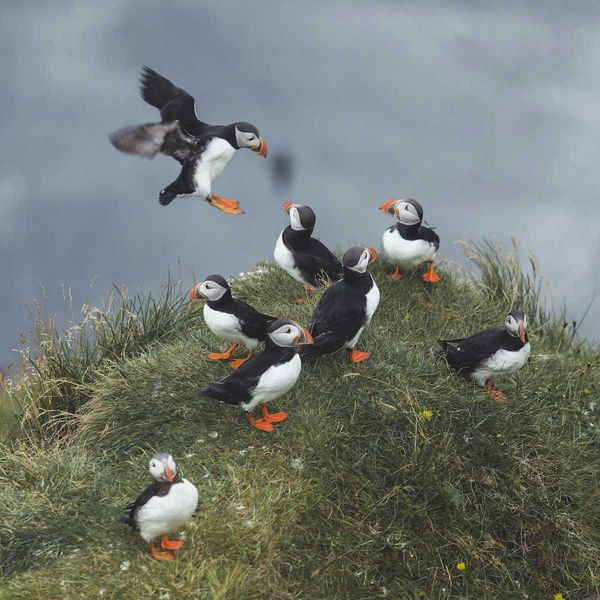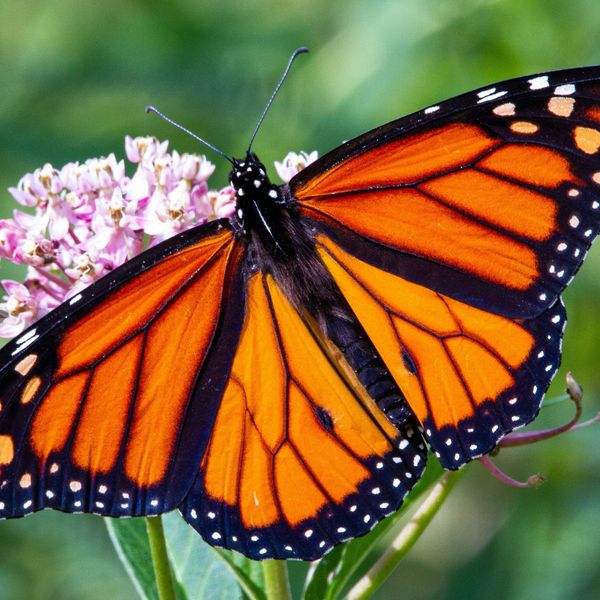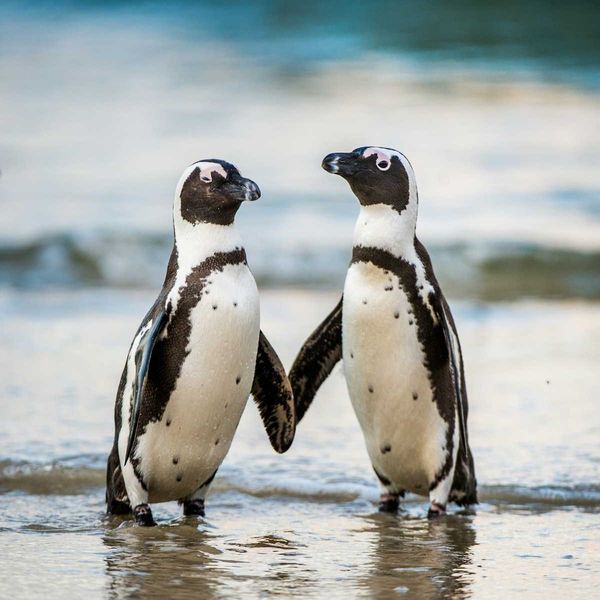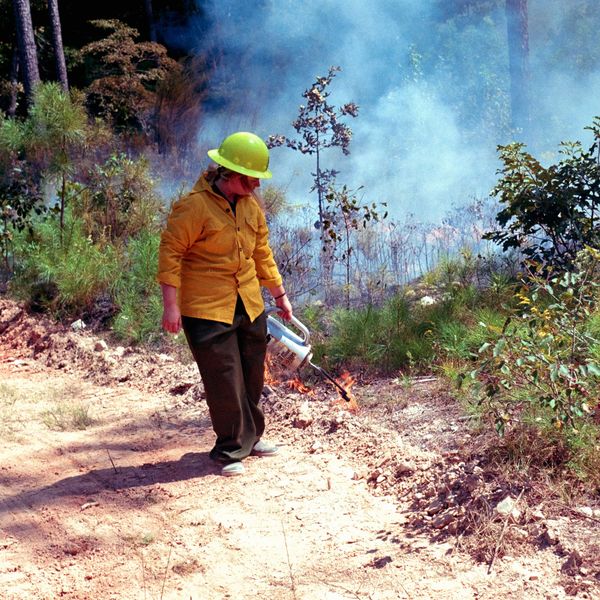Researchers found that “sex reversal” was more common than expected in wild birds from multiple locations in Australia, according to a new study published in Biology Letters.
In short:
- “Sex reversal” occurs when the physical features of the organism do not match the chromosomal sex, and was not thought to be common in birds.
- The researchers found sex-reversed individual birds in all five species studied, at rates from 3-6%.
- Most of the sex-reversed birds were genetically female with male reproductive organs, but some genetic males had ovaries, and one genetic male had just laid an egg.
Key quote: “One sex-reversed genetically male kookaburra was reproductively active, with large follicles and a distended oviduct, indicating recent egg production. Τhis bird was from a peri-urban agricultural zone, where endocrine-disrupting substances may accumulate.”
Why this matters: While the authors did not investigate the cause of the sex reversal, they cite studies showing that endocrine-disrupting chemicals (EDCs) can cause male feminization in other species and sex reversal in birds. The authors point out that sex reversal appears to be increasing in both reptiles and in humans. They note that, regardless of the cause, sex reversal has implications for the conservation of threatened bird species.
Related EHN coverage:
- Explainer: What are endocrine-disrupting chemicals?
- Count Down: Hormonal havoc in our midst
- Citing birds and bees, groups petition EPA to close pesticide loophole
More resources:
Science: ‘Sex reversal’ is surprisingly common in birds, new study suggests
The Guardian: ‘Mind-blown’: scientists discover sex reversal in kookaburras and lorikeets with cause unknown
Hall, Clancy et al. for Biology Letters, August 13, 2025
